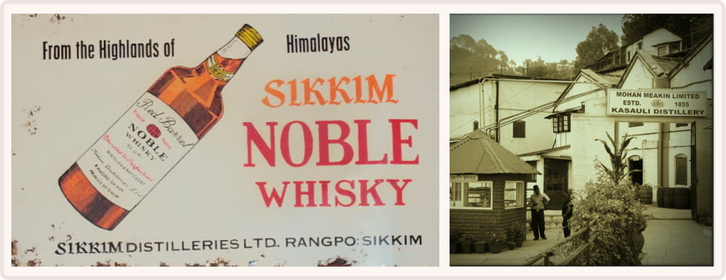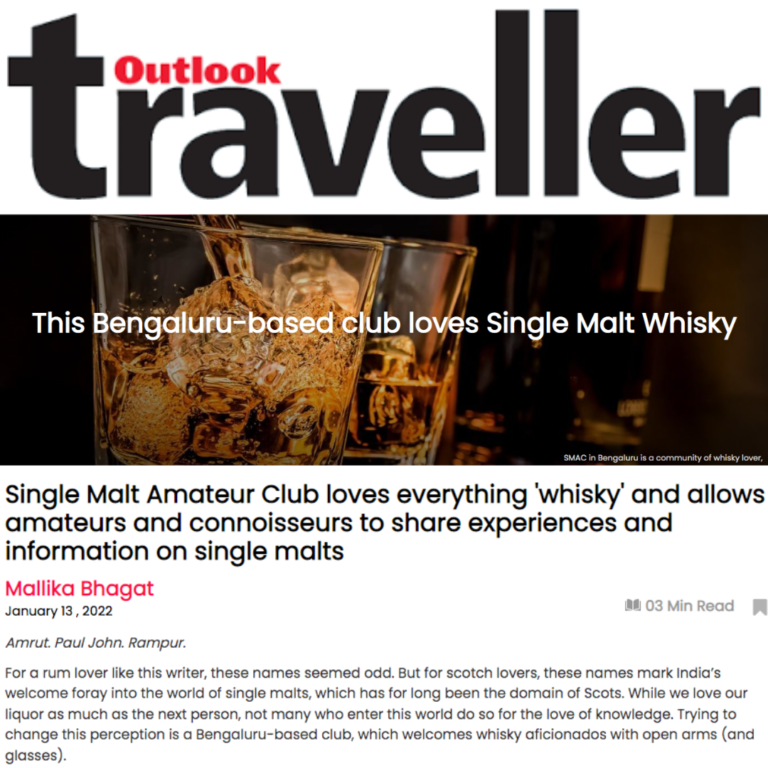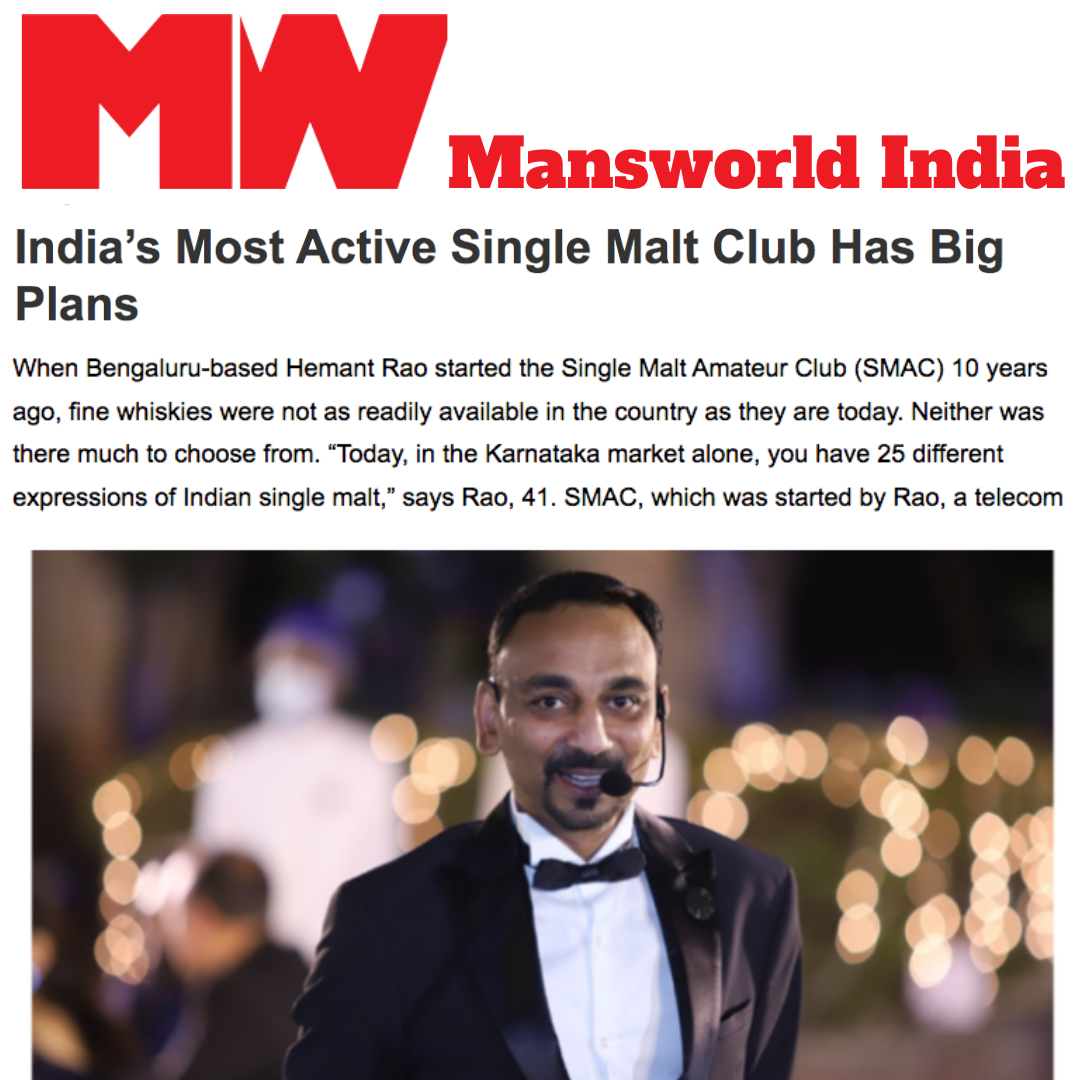Whisky Awards: The Modern-Day Conundrum
By Hemanth Rao
When did whisky tasting become a competitive sport? Let’s sip our way back in time briefly. Whisky awards, once informal gatherings of passionate malt enthusiasts—like the famed Malt Maniacs—were born from sheer love and curiosity. These individuals, whose only formal qualification was perhaps an unquenchable thirst for whisky, would meticulously taste, discuss, and celebrate whiskies purely for the joy of discovery.
Fast forward to the present, and whisky awards are an intricate network of categories, sub-categories, and even micro-categories that would puzzle the keenest enthusiast. Today, navigating a whisky awards announcement resembles decoding a cricket scorecard during the IPL—complex, sometimes overwhelming, but invariably entertaining.
A Quiet History: Awards Before the Internet
Whisky awards are not a new phenomenon for Indian spirits. As far back as the early 1980s, Indian-made liquors were making a mark internationally. Old Monk, though a rum, famously won Gold Medals at the Monde Selection awards beginning in 1982, signalling the global potential of Indian distilling. Solan No.1, India’s first single malt whisky produced by Mohan Meakin, earned praise and medals at international quality institutes in the early 1980s. These victories, however, were often muted, relying on humble mentions on bottle labels—no PR blitz, no digital fireworks.
The 1980s and 1990s also saw occasional recognition of brands like Sikkim Distillers and Antiquity Rare. Still, the spotlight remained elsewhere. Indian whisky was largely seen as a domestic product, and international awards were seen more as distant honours than marketing ammunition. Distillers rarely publicised these achievements. Solan No.1, in fact, famously eschewed advertising altogether.

A Digital Dawn: The 2000s and the Rise of Indian Single Malts
Everything changed with the rise of Indian single malts and the arrival of the internet. In 2004, Amrut launched its first single malt in Glasgow. The turning point came in 2010 when Jim Murray named Amrut Fusion the third-best whisky in the world with a staggering score of 97/100. Suddenly, Indian whisky was no longer a quiet contender but a serious challenger on the world stage.
From there, Paul John and Rampur joined the international scene, with their expressions winning accolades at the World Whiskies Awards (WWA), International Spirits Challenge (ISC), San Francisco World Spirits Competition (SFWSC), and International Wine & Spirits Competition (IWSC). By the late 2010s, Amrut, Paul John, and Rampur were hauling in medals across a diverse range of categories—Best Asian Single Malt, Double Gold, No Age Statement Single Cask, and more. Notably, Amrut secured five golds in the 2024 ISC and was crowned "World’s Best Whiskey." Paul John was awarded for its PX Select Cask, Bold, and Oloroso expressions, while Rampur Asava won Best World Whisky at the 2023 John Barleycorn Awards.
.png)
The Modern Machinery: Awards in the 2020s
Today’s international whisky competitions are large-scale productions. Key platforms include:
- World Whiskies Awards (WWA)
- International Spirits Challenge (ISC)
- San Francisco World Spirits Competition (SFWSC)
- London Spirits Competition (LSC)
- Monde Selection
- Whiskies of the World Awards
Each has a panel of certified judges, often including MWs (Masters of Wine), distillers, and critics. Whiskies are submitted into tightly defined categories: Peated vs Unpeated, NAS vs Aged, Single Cask, Blended, Grain, and by Region. Samples are blind-tasted—judges might sip 50 to 100 in a session—scoring them on aroma, palate, finish, and balance. Awards range from Bronze and Silver to Gold, Double Gold, Best in Category, and Best in Show.
Yet, whisky is fundamentally subjective. While scoring sheets help structure the process, quirks and inconsistencies are often what lovers cherish. That raises the question: are we trying to over-standardise an art form that was never meant to be standardised?
Indri and the New Age of Indian Whiskies
Perhaps the clearest sign of the awards' marketing might come from the rise of Indri, a brand from Piccadilly Distilleries. Launched in 2021, Indri has already racked up over 14 international awards. Its Diwali Collector’s Edition 2023 took home "Best in Show – Double Gold" at the Whiskies of the World Awards, beating over 100 global contenders. In 2024, Indri was crowned "Whisky of the Year" at USA Spirit Ratings and placed among the Top 15 whiskies globally at the International Whisky Competition.
Indri's success across multiple expressions—Indri-Trini, Dru, and special cask finishes—demonstrates how Indian brands now build portfolios strategically for awards. These victories are not incidental; they’re planned. Each new launch comes with its own awards strategy, PR rollout, and global campaign.
.png)
Our Test: SMAC India’s “Alter” Bottling
At SMAC India, we decided to step into this space—not as marketers, but as enthusiasts. Our 2022 bottling, “Alter”, a peated Madeira single cask from Paul John, was limited to just 330 bottles. We waited until it had sold out, giving members time to enjoy it, before sending it in for awards.
The result? A Bronze in the Indian Single Malt category at IWSC. Judges included Dawn Davies MW, Lee Connor, James Phillips, Michael Fichtner, and Alessandro Basile. Their notes read: “A smoky and creamy aroma with nutty notes and sweet toffee. The finish lingers with hints of dried fruit and buttery pastry.”
While we’re thrilled to receive recognition, I’ll admit: that note didn’t quite match my own palate. But that’s the point of this entire article, isn’t it?
.png)
The Conundrum
Tasting notes, medals, and scores are useful—but they’re not gospel. They’re data points, not declarations. The whisky world has moved from quiet label mentions to loud digital campaigns. Awards were once incidental; now, they’re instrumental. But in that transition, let’s not forget: your nose, your tongue, your joy—those are the awards that matter most.
So sip, question, debate, and delight in what you taste. Celebrate accolades, but never outsource your pleasure.
Cheers!




